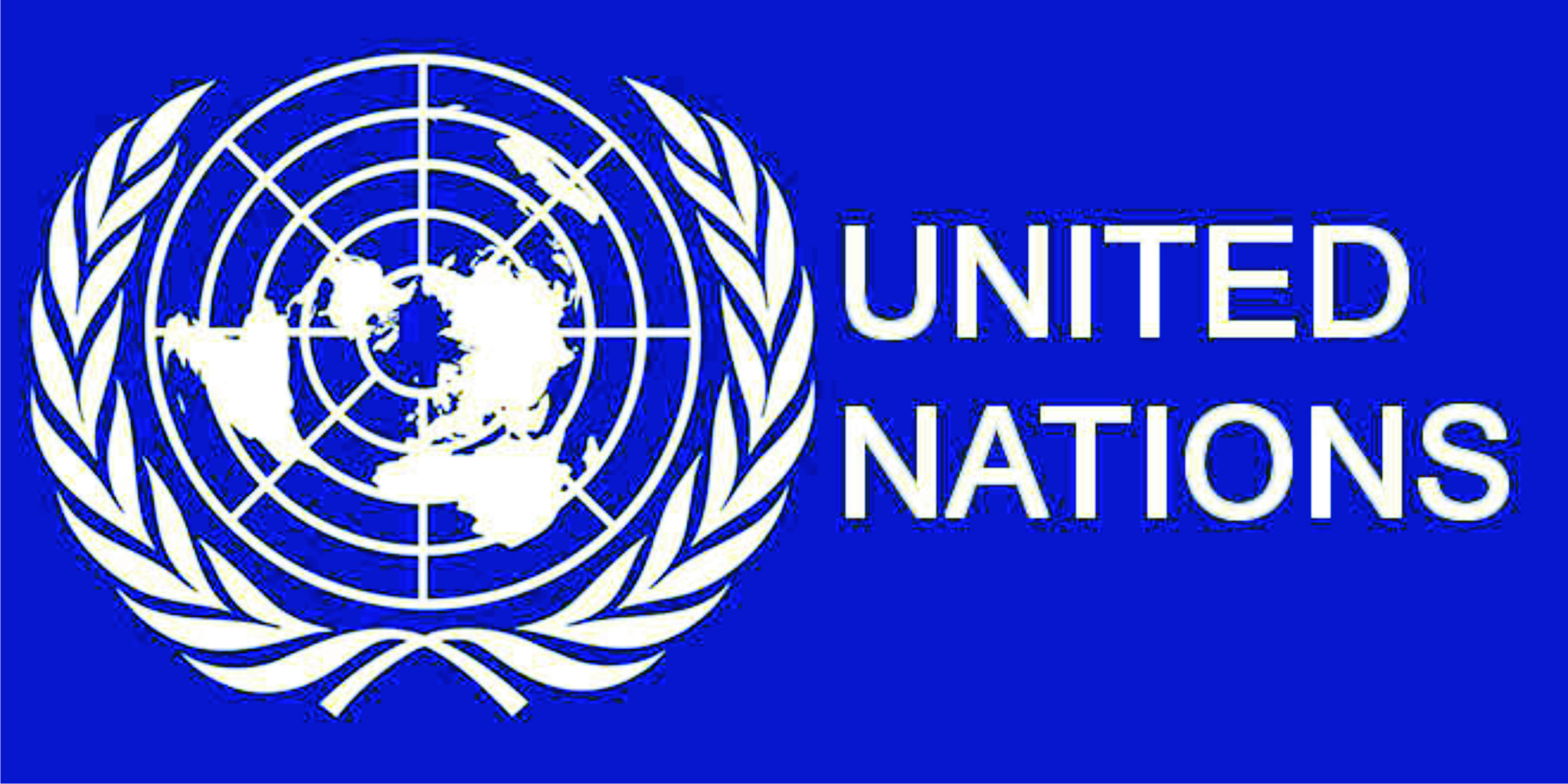Business
World Food Prices Jump To Six Year High -UN

Global food commodity prices rose sharply in November to their highest level in nearly six years due in part to the adverse weather conditions, the United Nations food agency said yesterday.
The Food and Agriculture Organisation (FOA) said prices of the most globally traded foodstuffs were up across the board, putting extra pressure in particular on 45 countries that need outside help feeding their populations.
The FAO Food Price Index averaged 105 points during the month, up 3. 9 percent from October and 6 .5 percent from a year earlier.
“The monthly increase was the sharpest since July 2012, putting the index at its highest level since December 2014 ,” the Rome -based agency said.
The biggest rise was in the vegetable oil price index, which jumped 14.5 percent because of low palm oil stocks.
The cereal price index rose 2.5 percent from October, making it nearly 20 percent higher than a year ago.
Wheat export prices were also up, because of reduced harvest prospects in Argentina, as were maize prices, with lower output expectations in the US and Ukraine and large purchases by China, the FAO said.
The sugar price index was up 3. 3 percent month- on- month amid “growing expectations of a global production shortfall “ as bad weather sparked weaker crop prospects in the EU, Russia and Thailand.
Dairy prices also rose 0.9 percent to near an 18-month high, in part because of a boom in sales in Europe . Meat prices were up 0.9 percent from October, but significantly down a year ago, the report said.
The increase in prices is an extra burden for those who saw their income fall as a result of the coronavirus pandemic, which the FAO said is proving to be “an important driver of the levels of global food insecurity”.
“The pandemic is exacerbating and intensifying already fragile conditions caused by conflicts, pests and weather shocks, including recent hurricanes in Central America and floods in Africa.
“Forty- five countries , 34 of them in Africa , continue to be in need of external assistance for food”, it said.
Meanwhile, the FAO noted a risk of above average rainfall in southern Africa and East Asia, while parts of Near East Asia and East Africa were expecting reduced rains, “conditions that may result in adverse production shocks.”
Business
NCDMB, Jake Riley Empower 250 Youths On Vocational Skills

Transport
Nigeria Rates 7th For Visa Application To France —–Schengen Visa

Transport
West Zone Aviation: Adibade Olaleye Sets For NANTA President

-

 Business6 hours ago
Business6 hours agoNCDMB, Jake Riley Empower 250 Youths On Vocational Skills
-

 Oil & Energy7 hours ago
Oil & Energy7 hours agoNNPCL Unveils Gas Master Plan 2026 …….Targets 10bcf/day production
-

 Politics5 hours ago
Politics5 hours agoPFN Rejects Call For INEC Chairman’s Removal Over Genocide Comments
-

 News8 hours ago
News8 hours agoGovs Move To Prioritise Sugar For Industrial Growth
-

 Sports7 hours ago
Sports7 hours agoEkitike Stars As Liverpool Upstage Newcastle
-

 Environment6 hours ago
Environment6 hours agoNigeria, UAE to waive tariffs on some products
-

 Niger Delta6 hours ago
Niger Delta6 hours agoPDP Declares Edo Airline’s Plan As Misplaced Priority
-

 Oil & Energy6 hours ago
Oil & Energy6 hours agoNUPRC Pledges Transparency In 2025 Oil Pre – Bid Round

